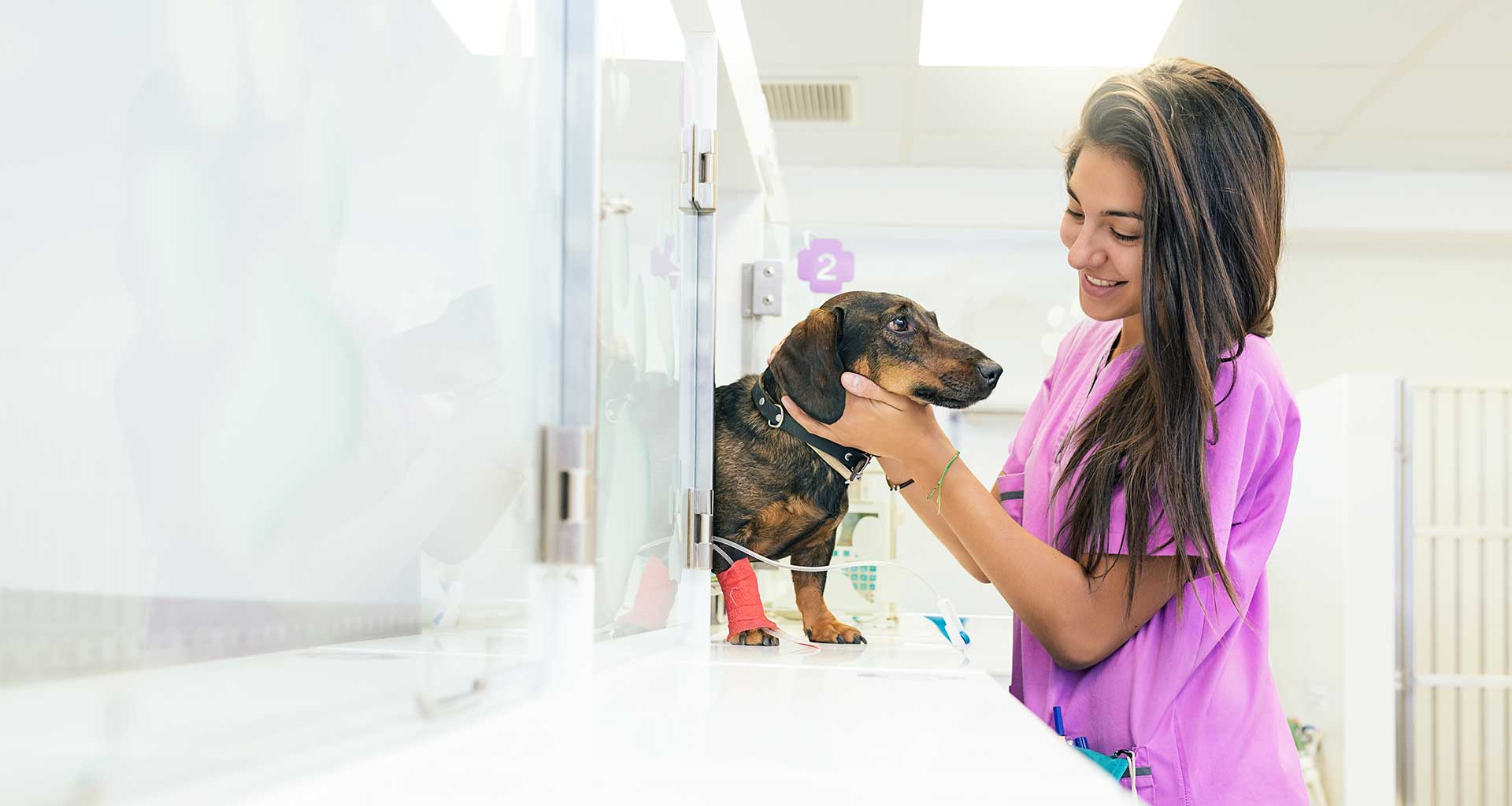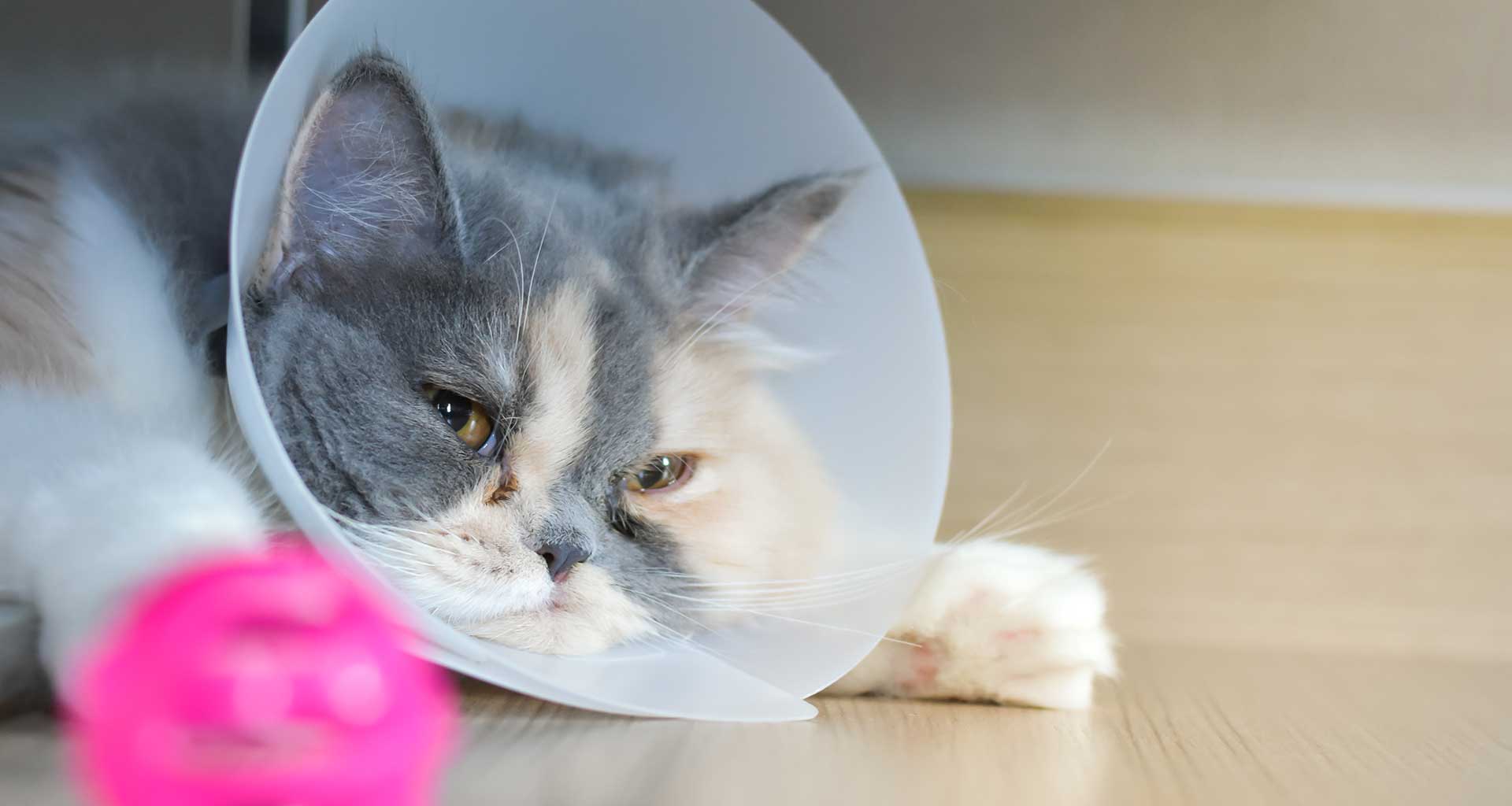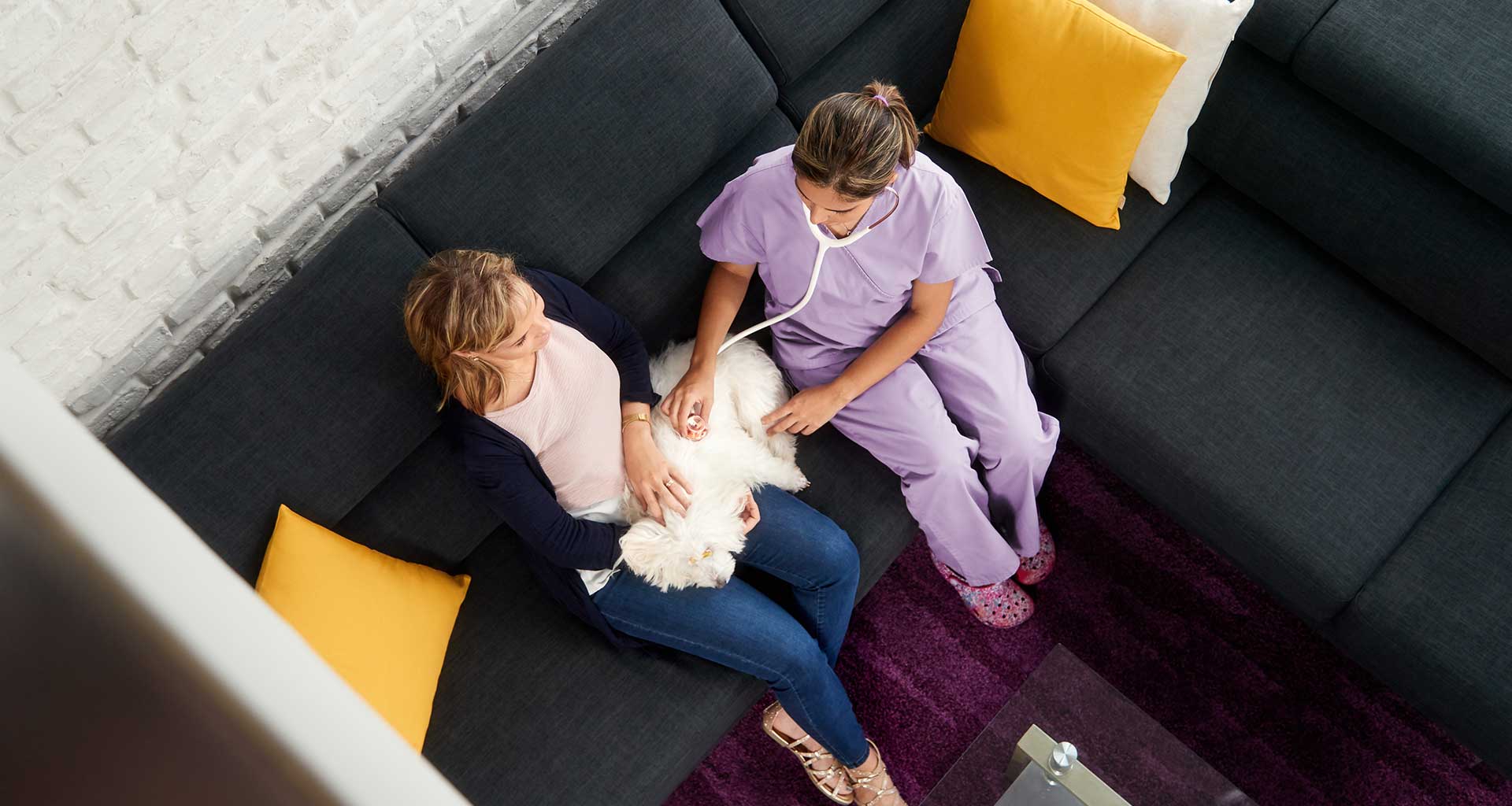Why should I have my pet desexed?
It might sound cruel to take away your pet’s ability to reproduce. It is in truth more beneficial both to your pet and the country as a whole that pets are desexed without reproducing. That is why there are bylaws and mandates surrounding desexing of cats and dogs.
- Reproductive cancers – the uterus, ovaries and testes are removed. Without the reproductive organs, cancers of the reproductive organs cannot occur.
- Wandering – unneutered and unspayed animals are driven by instinct to find a mate and reproduce. This instinct often leads them to escape their home and wander around and that is dangerous. Pets get lost or hurt or worse.
- Aggression – there is debate on whether or not neutered pets are less aggressive then unneutered pets. Testosterone is a hormone that is often linked to aggression and neutering a dog or cat lowers the testosterone levels.
- Mating behaviours – territory marking, mate calling and bleeding. These are all behaviours that do not bring out the best in pet owners. Desexing stops all of them.

What is desexing?
Do not confuse chemical castration with desexing. Chemical castration is a treatment for over active sex-drives in pets, or as a cancer treatment, not sterilization.
Desexing is a way to stop unwanted pregnancies in dogs and cats. The surgery removes the reproductive organs of the animal, making it impossible for them to have litters. The result is fewer unwanted litters. Huge amounts of animals are euthanized annually because they cannot find homes. The annual statistic of animals that are left with no home and are euthanized is staggering. We all need to step in and do something to help, that something is desexing.
Is desexing surgery safe?
Yes, generally desexing is safe. With any kind of surgery there is always a potential risk. There is a risk of surgical complication or a reaction to the anesthetic, however, desexing is a routine procedure.
Our vets and veterinary nurses are on site to make sure that your furry friend is safe and comfortable, both during surgery and recovery. Surgery is carried out in a sterile room, for health and safety reasons and to limit the chance of infection.
The night before the surgery do not feed your pet anything after dinner, a little water is fine but no solids. This reduces the risk of vomiting because of the drugs. Make preparation at home to keep your pet confined and warm.
The vet performs a full panel of blood tests and does a full physical before your pet goes to surgery, to make sure there are no underlying problems that make surgery unsafe for your pet.
After surgery recovery
You will need a little more patience before collecting your furry family member after the vet contacts you to update you on the surgery. The anesthetic drugs still need to start and wear off and the vet will give your pet an examination before you can take them home.
At home make sure there is fresh food and water, but in small quantities, there are still drugs in their system and it can make them nauseous and lethargic. If these symptoms continue for a prolonged time, contact the vet straight away.
You should keep your dog or cat in an appropriately sized crate for the first 7 days to restrict their movement if possible. The sutures from the surgery need time to help the incision site heal. Limit their movement as much as possible, but of course, they need to relieve themselves and get some air.
No matter how good the surgeon or how clean the surgery, there is always a risk of infection, which can come from anywhere. You have to monitor the incision site, inspect it daily. Any signs of redness, oozing, bleeding, missing sutures, inflammation or heat has to be reported immediately.
Schedule the follow up appointment before you leave the surgery. Your vet exams your pet, and removes sutures if they are not self-dissolving, at a follow-up appointment.

Desexing ages
Every pet is unique and the ideal time to desex depends on their species, breed, size, and individual health conditions. There’s no one-size-fits-all answer, which is why it’s best to speak to your vet during your first visit.
If you’ve just welcomed a puppy or kitten, ask about desexing at their first vet visit. Younger animals tend to recover more quickly from the surgery than older pets. If you adopt an adult or intact pet, make sure to speak with your vet as quickly as possible to plan the next steps.
Have a question? Our friendly team is here to help, and our experienced vets will work with you to find the safest and most effective timing.
FAQ
No. There is no scientific proof that there is any benefit to letting your pet have a litter before desexing.
There are different classifications of breeders. Depending on which one you fall under there are different requirements. There are also advertising rules that need to be followed. The reason for all the bylaws and mandates is to stop the inhumane practices of puppy mills.
The cost of desexing varies depending on your pet’s species, breed, size, and overall health. When making a booking, please speak with our team — we can provide an estimate based on your pet’s individual needs.





